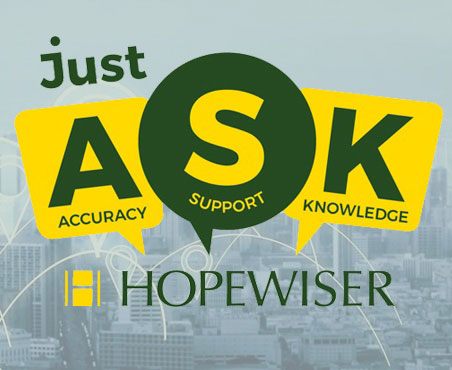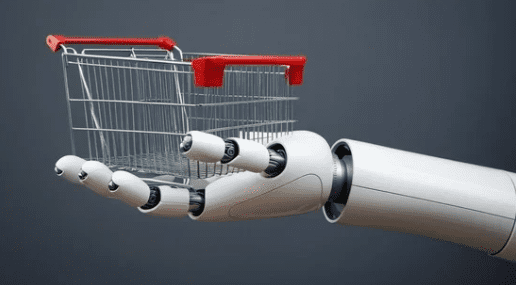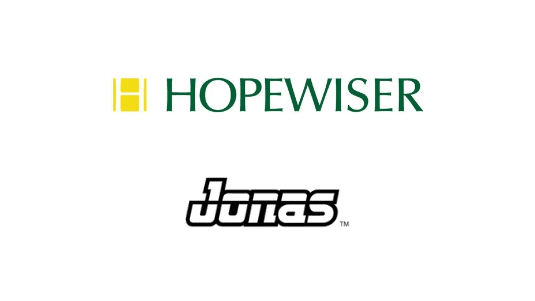Mastering Data Privacy In The Age Of AI
Points:
- GDPR – compliance includes data quality checking
- Accuracy of data influences both training and output
- Legislation in general to protect privacy and rights
- Alternatives to build effective results
The rise of artificial intelligence (AI) is creating much excitement, but there is increasing scrutiny on the ethical use of data, coupled with how this works with the legislative requirements across the world.
An AI article by Computer Weekly, highlights and links to solid observations, so how do Hopewiser view these discussions?
The first point to examine is that while GDPR does not specifically address AI, the underlying use of private data does impact AI and the training of these systems.
There will be a need for transparency in data usage, as well as being able to handle relevant opt-out and data protection processes. This will need human oversight to ensure compliance is being kept, so how could organisations like Hopewiser help here?

Hopewiser have developed powerful systems to compare and identify data against trustworthy datasets. It can also detect where data needs to be suppressed, for example in deceased records, or enhanced with additional information. Hopewiser has the tools to do this in bulk and with confidence.
By basing these systems on accurate addresses there is greater flexibility and the opportunity to identify, suppress or correct data.
For example, Joe Bloggs may have passed away 6 months ago, a search for Joe Bloggs may reveal 20 people of the same name and narrowing down the individual is difficult. However, if Joe Bloggs of 10 High Street, Woking is confirmed as the deceased then we can ignore the other 19 Joe Bloggs.
So it can be relatively straightforward to check data against suppression data such as deceased registers and movers data. The cost to comply is a fraction of the potential cost of being found in breach of privacy areas under GDPR, with over €2.1 billion in fines set in 2023 alone.
Think of this like an insurance cost, except with additional operational benefits, which leads to the second point.
Improving the accuracy of data yields better outcomes, improving competitiveness, goodwill and profitability.
Take the Financial Services Industry for example. In assessing General Insurance, history on the property is vital to understanding how desirable a customer is. Being able to collate information from a multitude of data sources to create an accurate risk assessment depends on the data being used.
Identifying fraud from loan applications can be improved by verifying as much data as possible, including being able to spot deliberately misspelt addresses.
When matching market to consumer base, knowing that certain geographical areas match certain demographic profiles (as seen through various census studies) helps us avoid unintentional biases which can arise when looking at personal data.
Finally there is the element of trust. For AI to be embraced in daily functions, especially ones that impact peoples’ lives, there needs to be confidence that not only is the solution fair, but that it is accurate.
In building AI solutions, data accuracy and quality are paramount to the success, much akin to building a house requires solid foundations.
About Hopewiser
With over 42 years’ experience in matching, verifying and handling large amounts of data, Hopewiser are positioned to offer organisations a high value pathway into best practices for data quality and control.
Our Data Cleansing solutions improves match rates and enhances data accuracy including suppressing data. Balancing traditional methods with modern technologies, including machine learning and fuzzy matching algorithms, ensures adaptability to evolving data challenges.
The significance of match rates in Address Validation and data cleansing processes cannot be overstated, directly impacting data quality for informed decision-making.
Hopewiser’s commitment to providing fast, robust, and easy-to-use address software positions organisations to achieve higher match rates, ensuring their data is clean, up-to-date, and ready for actionable insights in today’s data age.
Just A.S.K Hopewiser for more information

, updated 17th April 2025.
Topic: BusinessDataTechnology






